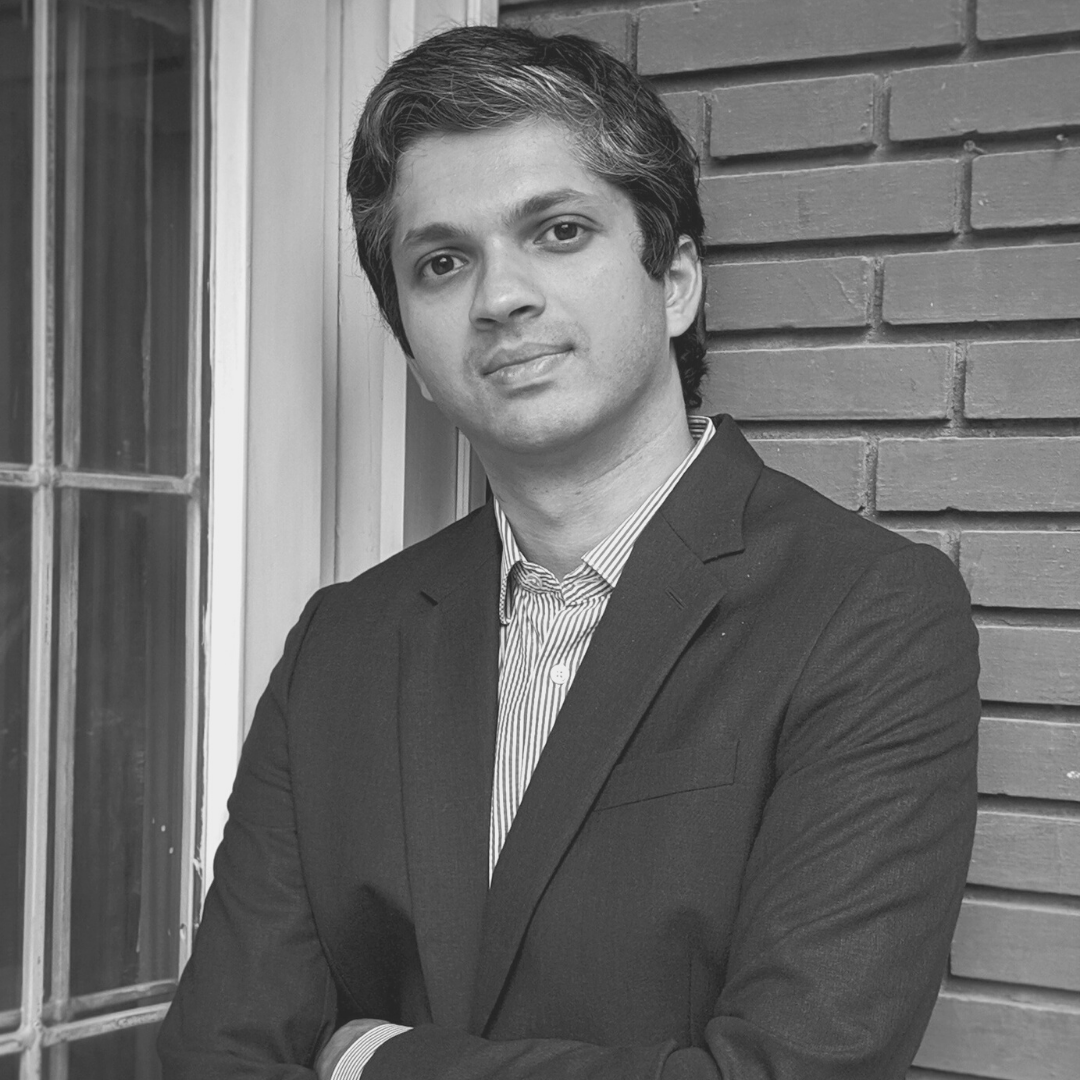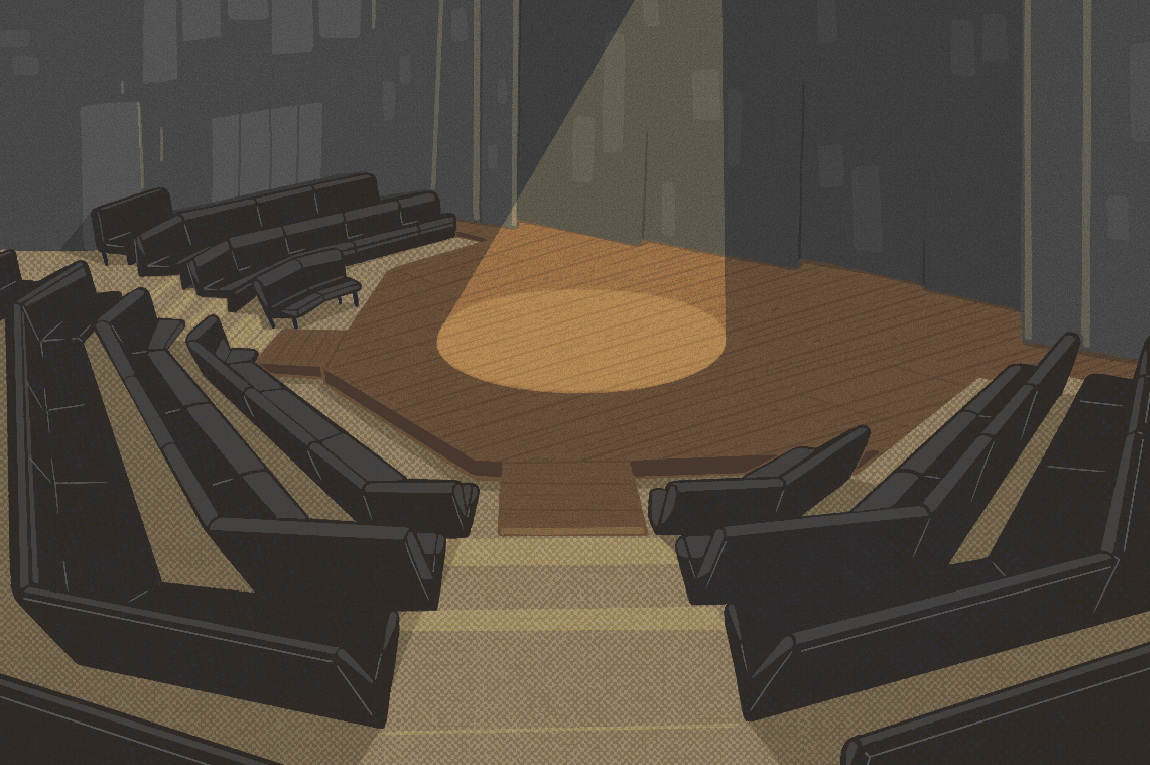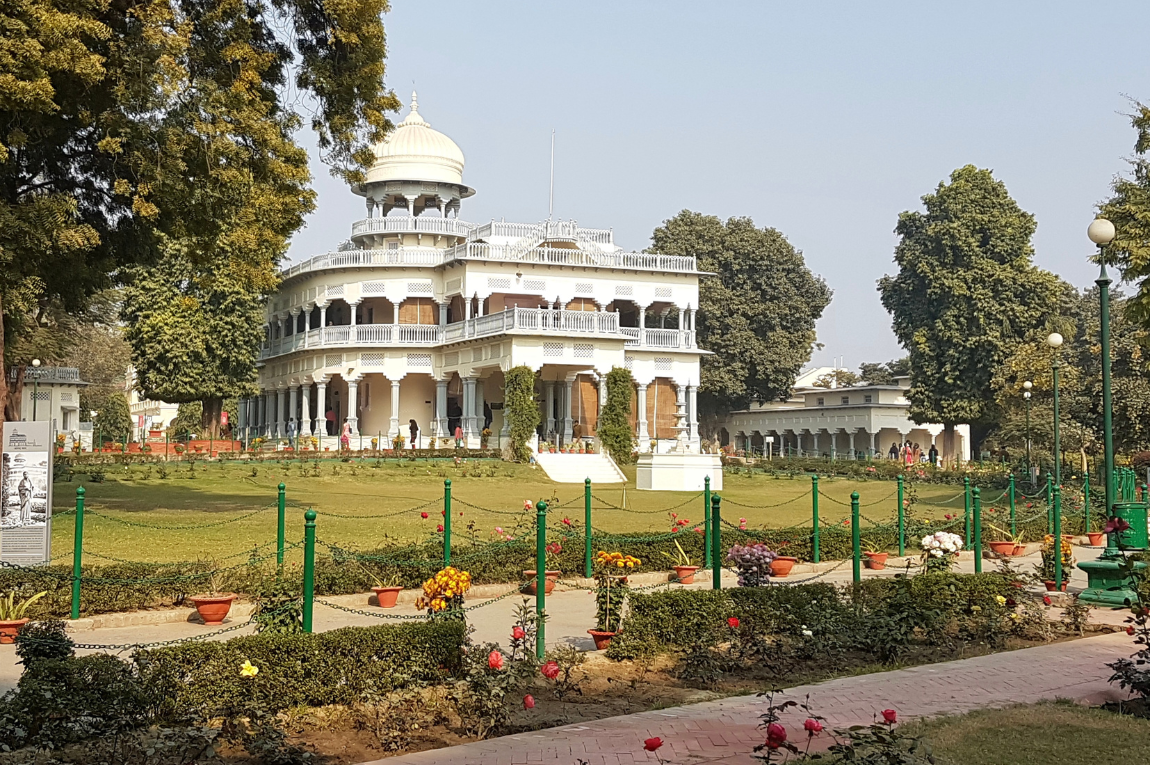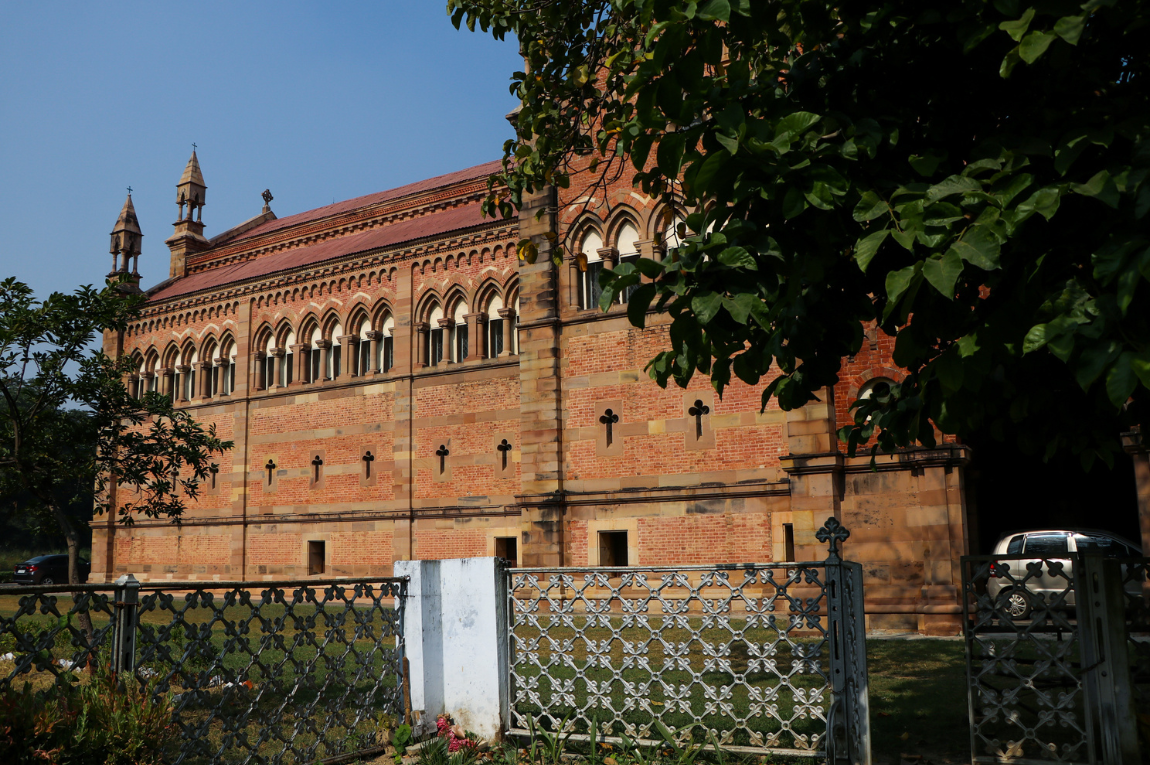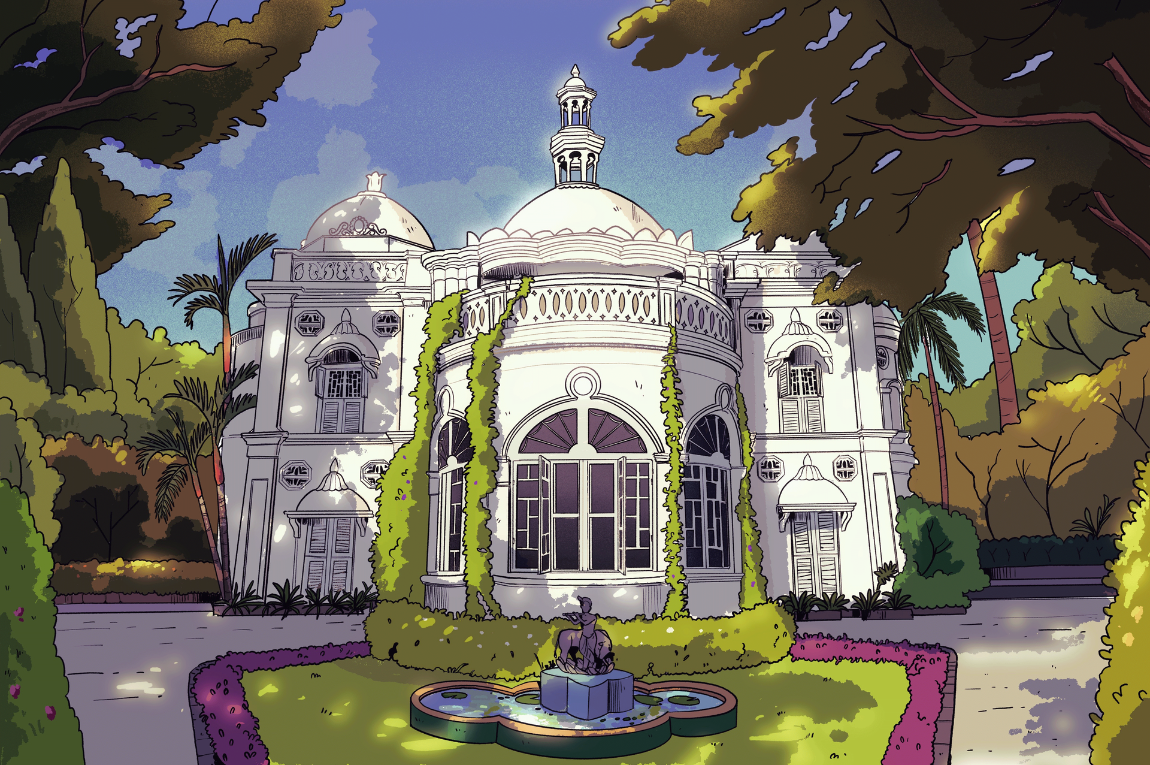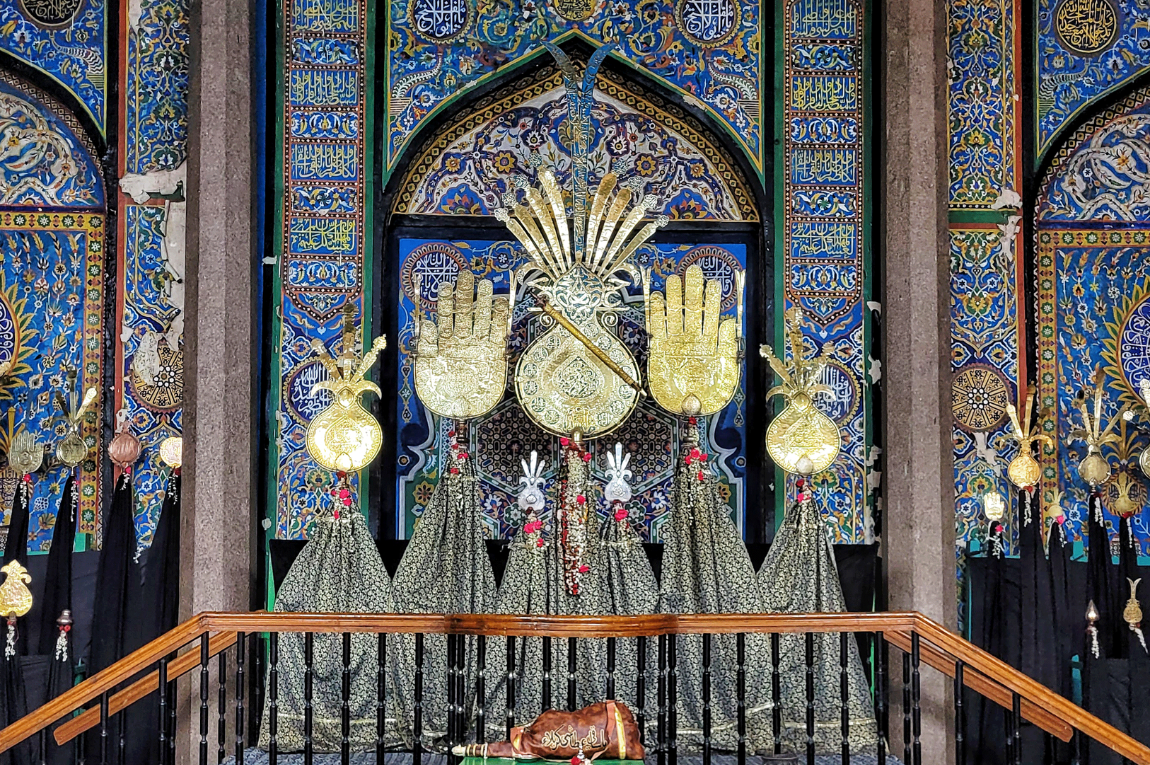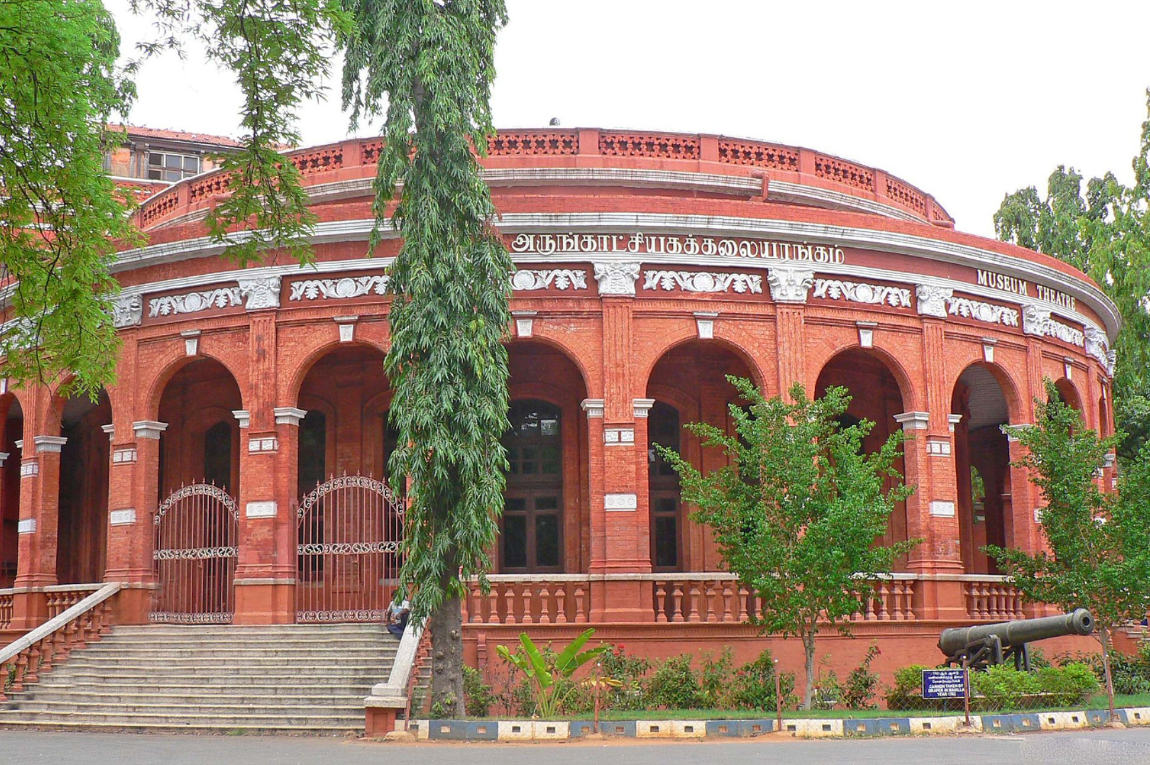Editor-at-large at Juggernaut Books, Keshava Guha’s debut novel ‘Accidental Magic’— released last year — spins a tale about the diverse and zealous world of Harry Potter fandom. Guha shares with us how he used Harry Potter as a vehicle to bring the characters of his novel together, the things he has learnt from his readers, and why he’s always been greedy for text.
What are you currently reading? Is there a work of writing you frequently revisit?
At any given time, I’m usually reading one novel (never more than one) and a couple of non-fiction books. On most days I also read two or three poems. At the moment, the novel [I’m reading] is Lucky Per by Henrik Pontoppidan — a Danish classic, recently reissued by Everyman’s Library. The non-fiction includes S. Gopal’s biography of Jawaharlal Nehru and Sheila Dhar’s collection of prose titled Raga’n Josh — Stories from a Musical Life. I’ve also been reading and re-reading five quite extraordinary poems by Ranjit Hoskote, recently published in the e-journal Guftugu.
The novelist I return to most often is Penelope Fitzgerald. I re-read Richard Rorty’s Achieving Our Country every year, and frequently re-read the works of Mahadev Govind Ranade and Swami Vivekananda. But the writers I constantly revisit are poets — Philip Larkin above all.
Growing up, were you always surrounded by books? How did you first foray into journalism?
I was very, very lucky in this regard. My parents have always been readers — fortunately with relatively little overlap in their tastes — as was one of my grandmothers. So books were everywhere and I’ve loved them as long as I can remember, both for what they contained and as objects. I was always greedy for text; I had “by-hearted” the ingredients on cartons of cornflakes and packets of Lays. And no restrictions were ever placed on what I could read, either by my parents or by my school, who allowed me access to the senior school library and grown-up books well before I was a teenager.
I did a fair bit of student journalism while in the US and while still in college, started reviewing books for publications in India (Time Out and the Hindustan Times). When I returned to India, I didn’t want a full-time job because I wanted to make as much time as possible for writing my novel. I didn’t think I had the discipline to wake up at five o’clock and write before work, as some writers do; hence freelance journalism. Thanks to Naresh Fernandes and Scroll, I branched out beyond reviewing books and began to write about politics and, occasionally, sport.
‘Accidental Magic’ is your debut novel. What entails the chaos of writing a novel? How did you navigate your way through this chaos?
I don’t think I have anything very useful to say here. Firstly because I know so little — having just started out as a writer — and also because I’m wary of generalising. Every writer has to find the methods that work for them: some of the methods will vary from novel to novel, and in my case it was as simple as just “Keep on keepin’ on”, as Bob Dylan would put it. I write slowly; I try to get each sentence, paragraph, and page down as well as I can the first time. I’m not someone who rushes through a first draft. I was lucky, in this case, that because I knew almost nothing about publishing or what editors were looking for or how to “plan” a career, I wrote exactly the book I wanted to write.
In ‘Accidental Magic’, you create a fictional world involving Harry Potter fans, almost fanatical believers. What was the research that went into it ― exploring the idea of fandom, the people who are obsessed with fictional characters, and understanding their psychological traits?
I knew something about this world — adult Harry Potter fandom online — already, having been on its periphery as a child. There is a useful book about fandom, Harry: A History by Melissa Anelli. But the vast majority of the research was archival — reading posts on Yahoo! Groups and other forums, as well as fan fiction.
I was less interested in anthropological or psychological research about fan communities or their obsessive members. Of course novelists can fruitfully learn from social science research, but in this case I saw the characters as individuals, rather than as types, and so while I wanted to know as much about the texture of their world as I could, their motivations and psychological traits were not informed by studies of the fan or obsessive as a personality type.
How did you arrive at the central idea of ‘Accidental Magic’? Growing up, what was your relationship with the Harry Potter series like?
All my fiction-writing begins with a character or characters. In this case, Kannan and Grimmett appeared to me as individuals. The question was — how could these people inhabit the same novel? I was already interested in questions of loneliness, belonging, of friendship across cultures and generations. But social life in the US, as in most countries, is heavily circumscribed, indeed predictable — people cluster with others like themselves. Harry Potter fandom was a world open to all. You weren’t judged by your background. What you shared was important. The sub-groups within fandom were typically formed through a shared commitment — say, to Harry and Hermione as a couple. Once you shared that commitment, you were “shipmates”. In such a world, I thought, two people like Kannan and Grimmett could meet. Harry Potter was the bridge between them. Once I had Rebecca, it was natural enough to think about her and Kannan, and the possibility of romance between them.
As to my own relationship: I loved many of the books — particularly books two to five — but I was never really obsessed in the way Kannan is. I wouldn’t say they were my favourite books; among children’s writers, I preferred Philip Pullman and Joan Aiken, and by the time say Harry Potter and the Half-Blood Prince (book six) came out, I was reading “grown-up” fiction. I have a private joke about this in Accidental Magic ― Rebecca and Grimmett disparage JM Coetzee and Philip Roth. They happened to be my two favourite writers at the time when I began to lose interest in Harry Potter.
With regard to shaping the attributes of your characters, did you experience competing thoughts and feelings, or opposing demands or a sense of jarring dissonance about a character?
Not quite. More on this in the next answer, but I don’t conceive of characters as being likable or dislikable, relatable or non-relatable, sympathetic or unsympathetic. I don’t feel the need, either, to make them any of these things. I’m aware of the costs incurred by this approach, because so many readers want characters to be likable, relatable or sympathetic. To take the example of Kannan whom readers often find unsympathetic, even unpleasant. I never experienced competing or dissonant thoughts or feelings about him: only, what would he do or think in this particular situation? You get to know a character as you write, and the only challenge that matters is giving the character autonomous life, making them feel alive to the reader.
I should say that some readers find Kannan sympathetic; and are glad that someone as unheroic, unglamorous and superficially uninteresting as him gets to be the protagonist of a novel.
Was it bothersome that some of the potential readers of ‘Accidental Magic’ wouldn’t be familiar with Harry Potter at all, even though your book isn’t about Harry Potter?
Initially I was worried about whether the book would be sufficiently legible to those with no familiarity with Harry Potter. Over time I worked to make it more legible, and actually removed quite a lot of material about Harry Potter and fandom.
The response from readers on this front has been fascinating and rather surprising. Many, perhaps most, of the book’s sympathetic readers are older, often over 50 or 60, and not Harry Potter fans. They see Harry Potter as I do — a vehicle to bring the characters together, rather than the book’s subject. Conversely, those who are disappointed by the book tend to be passionate Harry Potter fans. This surprised me, but I do understand it: a common complaint is how little my book resembles Harry Potter. This is absolutely fair: Accidental Magic is a rather dark, inward book, with a protagonist that many find unappealing and feel no complicity with. The use of “magic” in the title is ironic. Also, for some of them, the Harry Potter fandom in the book — grown-ups in Boston in the early 2000s — isn’t one they recognise. These are people my own age, who grew up with Harry Potter in India. The character that resonates with them is [that of] Malathi. More than one person has said: I could only relate to Malathi, and if she was the protagonist I might have liked this book. I learn a lot from these responses, because I’m so different myself as a reader and writer. I don’t want to “relate” to characters; if anything I want the opposite. I’m much more compelled by people I can’t easily relate to. I can think of nothing more boring than reading about a character who reminded me of myself. So I no longer worry about readers who aren’t familiar with Harry Potter, except that they are deterred from picking up the book by its apparent subject.
How strong is fiction as a tool to address the questions of morality? Is there a particular novel which, according to you, tackles this really well?
There are two things above all that draw me irresistibly to fiction, as a reader and writer. The first is the ability to escape myself and see the world as someone else; the second, the chance to explore and play out moral dilemmas. In Accidental Magic, for instance, much of the drama in the second half of the novel is driven by two such dilemmas: first, what’s the right thing to do when you think you made a mistake by getting married? And second, how do you respond when your friend has done something you find reprehensible, but you yourself are not the victim?
Most of the novels I love are deeply interested in questions of morality or ethical life, but the supreme example is Middlemarch by George Eliot.
As far as writers go, who are the influences that matter to you? Does the idea of influence alter for you over a period of time?
My teacher Francis Spufford, a writer of genius, says that all writers, when reading, are asking themselves some version of, “What can I steal?” There’s conscious influence and unconscious influence. For me, the former usually works in the following way: a writer liberates me to do something I already wanted to do. Javier Marias’ novel Tomorrow in the Battle Think on Me was an influence on Accidental Magic. He liberated me to write the sort of long, involved sentences I wanted to write, that followed the pattern of my own mind. Unconscious influence is often detected by readers. A few people have told me that Accidental Magic reminded them of Joseph O’Neill’s Netherland, a novel that I admire but that wasn’t on my mind at all as I wrote. There are some writers I love, but whose books remind me what I’ll never be able to — Roberto Bolaño, for instance.
In ‘The Art of the Publisher’, the author Roberto Calasso ― publisher of Milan’s Adelphi Edizioni ― describes the story of publishing as “a story of endless surprises, a story where uncertainty reigns”. Are there aspects of publishing in India that particularly perturb you? What are the challenges it faces today?
Before saying much about the challenges, let me point to some developments we can take heart in. The English-language publishing industry on the whole is much stronger than it was 20 or 30 years ago, when it was dominated by textbooks and imports. Smart, general-interest non-fiction didn’t really exist before 2000; now it’s thriving. In serious fiction, the hierarchy that existed in which English-language writers cornered attention, money and status has begun to invert. It was always true that the vast majority of good Indian fiction was written in Indian languages. Now, in translation, those books are outselling fiction in English, winning major prizes, receiving more favourable reviews. Vivek Shanbhag, K R Meera, Benyamin, Perumal Murugan — I don’t think there’s a single English-language writer who “broke through” in the past decade in the way that these writers, long established in their own languages, did. The fiction-reading public in India is less shaped by Western tastes than at any point in the recent past.
To the challenges: the greatest, by far, is the size of the audience for serious fiction. In English, this is smaller than it was 10 or 20 years ago. Undeniably this is partially failure on the part of the publishing industry to grow the readership. We can’t simply throw our hands up and say, fiction is dying, non-fiction is growing, so let’s focus all our attention on non-fiction. The challenge to fiction from other forms of entertainment, such as streaming services, is real, but fatalism is the wrong answer.
Another challenge of longstanding is the gradual disappearance of space for substantive criticism. One way of thinking about this is: how many people in India make a living from literary criticism? Or, how many critics are given the space and support to write at sufficient length, to develop their own craft and build a following? The democratisation of the conversation around books through Goodreads, blogs, Twitter and Instagram is a good thing, because it is fundamentally about the communication of enthusiasm, and it is the oldest and best marketing tool — word of mouth — in a new form. But it is not a substitute for true criticism. A healthy literary culture needs both.
This problem isn’t by any means limited to fiction. In other countries, books on history and politics are reviewed by people with subject expertise, who can point to whether a book is original, whether its research is rigorous and its arguments sound. The typical review of a work of history here says nothing about the research, about the sources. Works of synthesis that rely exclusively on secondary sources are presented as pathbreaking works of original scholarship. The sad part is that fewer and fewer people notice, or care.
While writing, do you leave room to let yourself explore and follow things that perhaps may not materialise or turn into well-defined projects?
Yes, I think one has to. The novel I’m working on right now was one of at least four projects that I began to conceive while writing Accidental Magic. Some of the others may never happen; or maybe I’ll go back to them after several years. Philip Roth started writing the novel that became American Pastoral in about 1970. But he found it wasn’t quite working, and put it aside. He revisited it from time to time, but it was only in the mid-1990s, a dozen novels later, that he found a way to write what most people regard as one of his greatest works. There’s a lesson here for all of us: time spent on projects that don’t come to immediate fruition shouldn’t be thought of as wasted.
